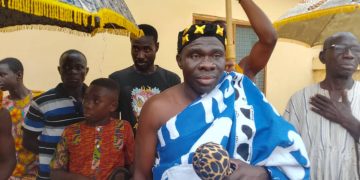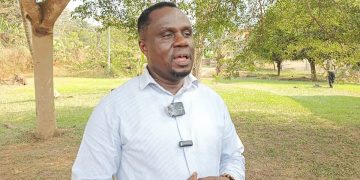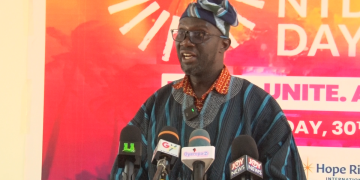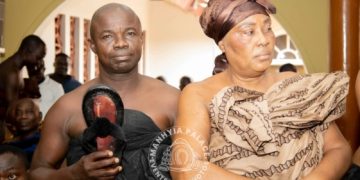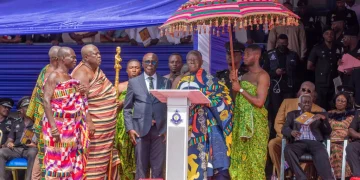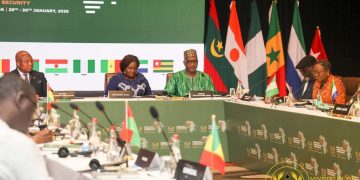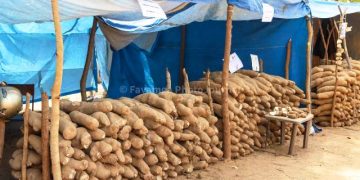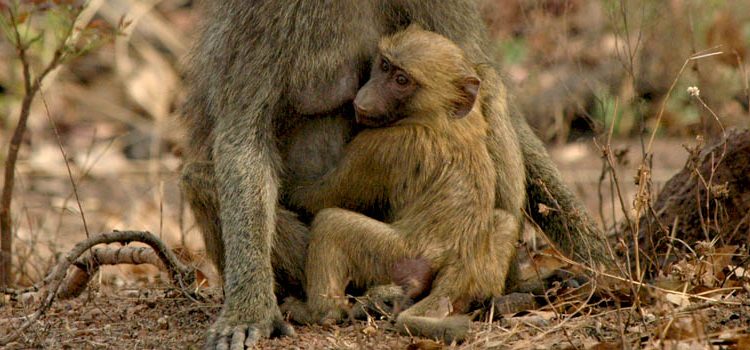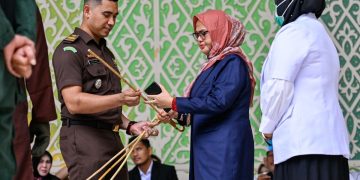The Wildlife Division of the Forestry Commission is calling on Ghanaians to take active steps in protecting the country’s wildlife resources to safeguard biodiversity and promote environmental sustainability.
Speaking on Wenchi-based Radio West Africa, the Public Relations Manager of the Wildlife Division, Ernestina Adumea Anie, emphasized the importance of wildlife conservation in maintaining the balance of ecosystems and ensuring the survival of endangered and threatened species.
Explaining the significance of conservation, she stated that it involves a series of actions aimed at protecting animal species, preserving their natural habitats, and promoting sustainable practices.
Wildlife conservation, she noted, is crucial to maintaining biodiversity—the variety of life forms on Earth—which in turn supports the stability of ecosystems.
“Every species, regardless of its size or usefulness to humans, plays a role in maintaining ecological balance. By safeguarding biodiversity, we protect ecosystems, their essential functions, and their ability to adapt to environmental changes,” she said.
She further highlighted that ecosystems operate as intricate networks where each species contributes to the overall balance.
The loss of even a single species can disrupt food chains, alter nutrient cycles, and destabilize entire ecosystems. “By conserving wildlife, we uphold the integrity of these ecosystems, ensuring resilience and sustainability,” she reiterated.
Beyond individual ecosystems, wildlife conservation plays a vital role in supporting global environmental stability and mitigating climate change. According to Adumea Anie, animals contribute significantly to climate resilience.
“Thriving ecosystems provide critical natural functions such as clean air, clean water, fertile soil, and carbon sequestration, which are essential in combating climate change,” she noted.
She also pointed out that while economic benefits may not be the first thing people associate with wildlife conservation, they are significant.
Healthy ecosystems support essential services such as pollination, water purification, and carbon storage, all of which directly benefit human societies.
Additionally, wildlife-based tourism generates substantial revenue, providing livelihoods and boosting local economies. “Conservation efforts do not only protect wildlife but also sustain these economic benefits for future generations,” she emphasized.
Adumea Anie further stressed the cultural and spiritual importance of conservation, noting that many communities hold deep connections to wildlife, with certain species playing vital roles in social, religious, and aesthetic traditions.
“By preserving wildlife and their habitats, we protect our cultural heritage and maintain the spiritual traditions of various communities,” she said.
She also underscored the role of wildlife in medicine, explaining that many plant and animal species serve as sources of medicinal compounds used in pharmaceutical drugs worldwide.
“The conservation of these species directly benefits human health, as nature continues to inspire groundbreaking medical discoveries,” she added.
Highlighting Ghana’s legal efforts in conservation, she referenced the Wildlife Resources Management Act 1115, which promotes sustainable wildlife management and community participation in biodiversity protection.
The law sets clear guidelines for wildlife protection, licensing, and enforcement to ensure Ghana’s natural heritage is safeguarded for future generations.
Mrs. Mary Koomson, Manager of the Airport Unit of the Wildlife Division, also explained the legal framework surrounding the trade of endangered species. She noted that to protect plant and animal species at risk of extinction, the import, transit, export, or re-export of protected wildlife species requires a CITES permit.
“This permit ensures that the removal of such species is legal and does not threaten their survival,” she stated.
The Forestry Commission is urging the public to respect these conservation laws and contribute to the protection of Ghana’s wildlife heritage.
Source: www.kumasimail.com / Nana Anfreh Damanata


